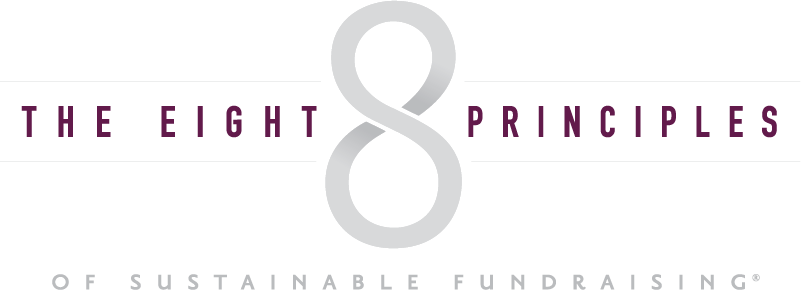In this guest post, Lisa Greer, a periodic contributor to The Community Blog, shows us the result of not following Principle 2 of The Eight Principles®: Begin at the Beginning™.
I’m a bit perplexed that I need to write this, but after three instances of the same problem in the last week, I have to share (hoping, of course, that by doing so, maybe this problem will be eradicated.)
I hope that’s not wishful thinking.
So, I’ve received two snail mail solicitations and one email solicitation in the last week — each a few days apart — asking me to donate to organizations that I don’t know. It’s not that I don’t actually know what each of these organizations does, or that I haven’t given to them before. It’s a much simpler problem.
These nonprofits have sent detailed solicitation letters without saying what organization they are. You read that right — each gives initials of the organization, but none say what the initials stand for. I know that seems crazy, and there must be a “boilerplate” paragraph somewhere at the bottom saying what the full name of the organization is, but no such luck. By reading the information on these letters, I now know the following:
- One has something to do with Covid.
- One has something to do with reproductive freedom.
- One has something to do with something medical, but I can’t tell what. It does say that it’s planning galas and working on its mission.
I’ve shown these solicitations to a few friends and family members, thinking that surely the name of the organization (or what they do) must be somewhere on the document, but nobody else can find an explanation either.
One of these was impressive in that it did say that the organization welcomes DAF’s, which is great! Unfortunately, the information needed (the mailing address for the check to be sent to) was not included.
A couple of friends wondered aloud if maybe these were fraudulent/scams. Could be, but I don’t know one way or another. I do know that looking on Google for something like “ABC United States” isn’t going to get me very far. It could be any initials, really, but in the example of “ABC United States,” my search results included NPOs dealing with dogs, food, kids, birds, autism, breast cancer, kids in schools, and more.
With over 1.5MM registered non-profit organizations in the US (and many more in other countries), it’s reasonable to assume that many names will be similar, and that initials alone are likely to create market confusion. (Or, in my case, donor confusion!)
I know that these solicitations cost money and other resources. I would think that the organizations would want to put their “best foot forward” and make these letters as compelling as possible. The truth is that it doesn’t matter what the document says, or what pictures of needy children are included — if I don’t know that the organization is (because only the initials are shown), there’s no way I’m going to donate.
Like other marketing professionals, Phil Davis of Tungsten Branding writes that abbreviations are typically not a good idea for a company name for various reasons, including these:
- You have to instill the brand message & values into an otherwise meaningless set of initials. (JQZY… the one name you can trust!)
- You will compete with every other company, in and out of your industry, that shares your letters (WWF… Wrestlers or Pandas?
- You miss the golden opportunity to differentiate your brand or point to a key-value proposition (e.g. Take the voyage with Voya)
- You miss the opportunity to create “white space” around your company name, so potential customers find only you when they search
I realize that these initialed (and now mysterious) nonprofit “names” probably do stand for something, but Phil’s list still applies. As a potential donor, I’m not likely to search online to find out who you are and what you do. If I can’t figure out who you are at the outset, or if your letter is legit, your solicitation is DOA.
Lisa Greer, lifts the lid on the charitable sector with her book, The Philanthropy Revolution: How to inspire donors, build relationships, and make a difference. Lisa is also the author of the blog, Philanthropy 451. A philanthropist with a serious interest in helping nonprofits be more responsive to their investors, Lisa lives with her husband, Josh, in Los Angeles, California.



